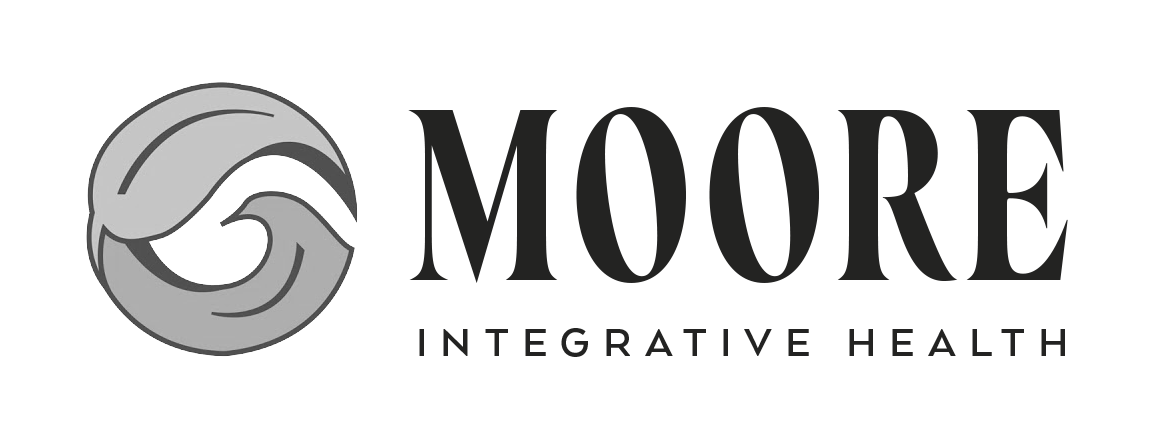Choosing the Best for Two: What to Look for in a Prenatal Vitamin
Pregnancy is a miraculous journey filled with unique nutritional needs. While a well-balanced diet is the foundation of a healthy pregnancy, many healthcare providers recommend prenatal vitamins to ensure that both the mother and the baby receive essential nutrients. In this comprehensive guide, we'll explore what to look for in a prenatal vitamin, helping you make an informed choice for this critical chapter in your life.
The Importance of Prenatal Vitamins:
Before diving into what to look for, let's understand why prenatal vitamins are so vital during pregnancy:
Fill Nutritional Gaps:
Pregnancy places additional demands on a woman's body. Prenatal vitamins help bridge the nutritional gaps that may exist, ensuring that you and your baby receive all the necessary vitamins and minerals.
Prevent Birth Defects:
Folic acid, a key component of prenatal vitamins, is crucial in preventing neural tube defects in the baby's early development.
Support Maternal Health:
Pregnancy can deplete a woman's nutrient stores. Prenatal vitamins help maintain maternal health, reduce the risk of complications, and support energy levels.
Ensure Healthy Fetal Development:
The baby's growth and development depend on a steady supply of nutrients. Prenatal vitamins play a role in promoting healthy fetal development.
What to Look for in a Prenatal Vitamin:
Now, let's delve into the specific factors to consider when choosing a prenatal vitamin:
1. Folic Acid (or Folate):
Look for: A prenatal vitamin should contain at least 400 to 800 micrograms of folic acid or methylfolate. This B-vitamin is crucial for preventing neural tube defects. If you have a MTHFR SNP, opt for methyl folate.
Why: Adequate folate intake in early pregnancy is critical for the baby's spinal cord and brain development.
2. Iron:
Look for: A prenatal vitamin with around 27 milligrams of iron. Iron helps prevent anemia during pregnancy.
Why: Pregnancy increases the body's need for iron to support the growing baby and placenta.
3. Calcium:
Look for: A prenatal vitamin with 1000 milligrams of calcium. Calcium is essential for both the baby's bone development and the mother's bone health.
Why: If you don't get enough calcium from your diet, your baby will take it from your bones, potentially leading to bone density loss.
4. Vitamin D:
Look for: A prenatal vitamin with at least 600 IU (International Units) of vitamin D.
Why: Vitamin D helps the body absorb calcium and is crucial for fetal bone and immune system development.
5. Omega-3 Fatty Acids:
Look for: A prenatal vitamin that includes DHA (docosahexaenoic acid), a type of omega-3 fatty acid.
Why: DHA supports the baby's brain and eye development.
6. Iodine:
Look for: A prenatal vitamin with at least 150 micrograms of iodine.
Why: Iodine is essential for proper thyroid function and helps prevent intellectual disabilities in the baby.
7. Vitamin A:
Look for: A prenatal vitamin with beta-carotene as the source of vitamin A.
Why: Excessive vitamin A from animal sources can be harmful during pregnancy, so beta-carotene is a safer alternative.
8. Vitamin B12:
Look for: A prenatal vitamin containing vitamin B12, especially if you follow a vegetarian or vegan diet.
Why: Vitamin B12 is crucial for nerve function and red blood cell production.
9. Choline:
Look for: A prenatal vitamin that includes choline, ideally 400mg.
Why: Choline supports brain development and helps prevent neural tube defects.
10. Additional Considerations:
Easy-to-Digest: Some women experience nausea during pregnancy. Choose a prenatal vitamin that's easy on your stomach or consider taking it with food.
No Artificial Additives: Look for prenatal vitamins without artificial colors, flavors, or preservatives.
Third-Party Testing: Consider prenatal vitamins that have undergone third-party testing for quality and purity.
Doctor's Recommendation: Always consult with your healthcare provider before starting any prenatal vitamin to ensure it meets your specific needs.
What to Avoid in a Prenatal Vitamin:
While knowing what to look for is crucial, it's equally important to be aware of what to avoid in a prenatal vitamin:
1. Excessive Vitamin A:
Avoid: Prenatal vitamins with excessive vitamin A from animal sources, as it can be harmful to the baby.
2. High Iron Doses:
Avoid: Prenatal vitamins with excessive iron content, as too much iron can cause constipation and other issues.
3. Overloaded Supplements:
Avoid: Prenatal vitamins that include a long list of supplements that you may not need. More is not necessarily better.
4. Synthetic Ingredients:
Avoid: Prenatal vitamins with synthetic forms of vitamins and minerals when possible. Natural sources are often more bioavailable.
Conclusion:
Choosing the right prenatal vitamin is a crucial step in ensuring a healthy pregnancy. Remember that the best prenatal vitamin is one that aligns with your individual nutritional needs. Consult with your healthcare provider or a registered dietitian, like Chelsie Moore, for personalized recommendations based on your diet, lifestyle, and any specific health concerns. By making an informed choice, you can nourish yourself and your baby, setting the stage for a vibrant and healthy pregnancy.

